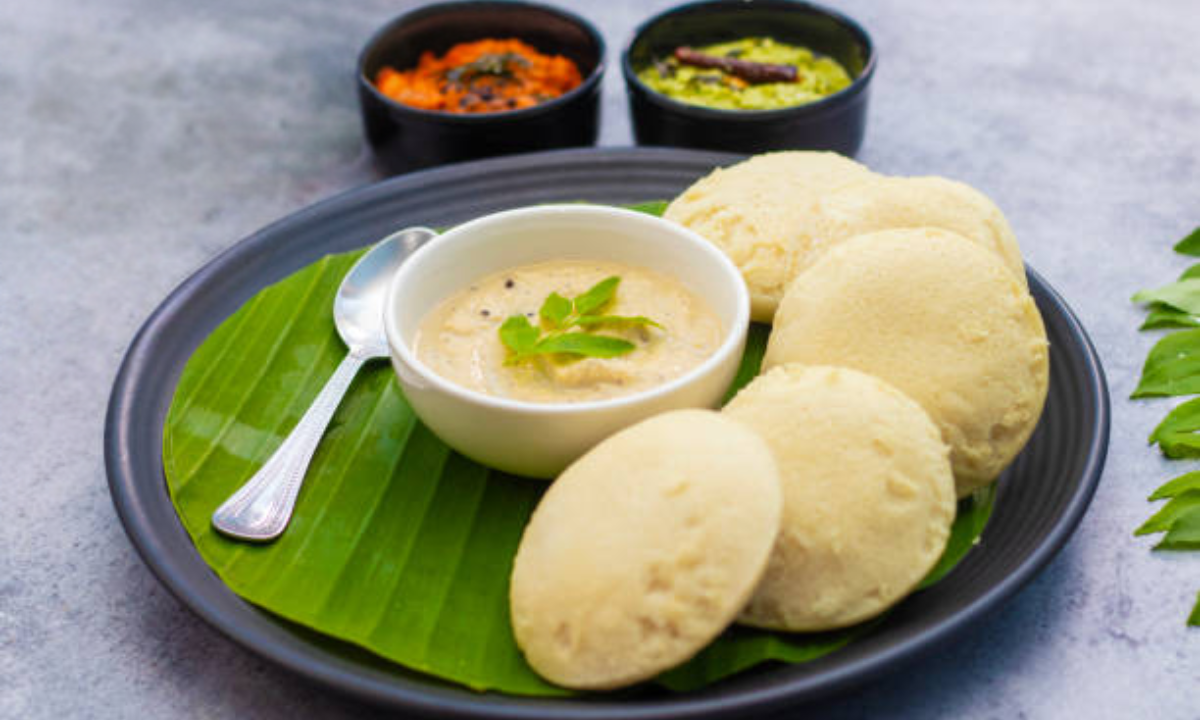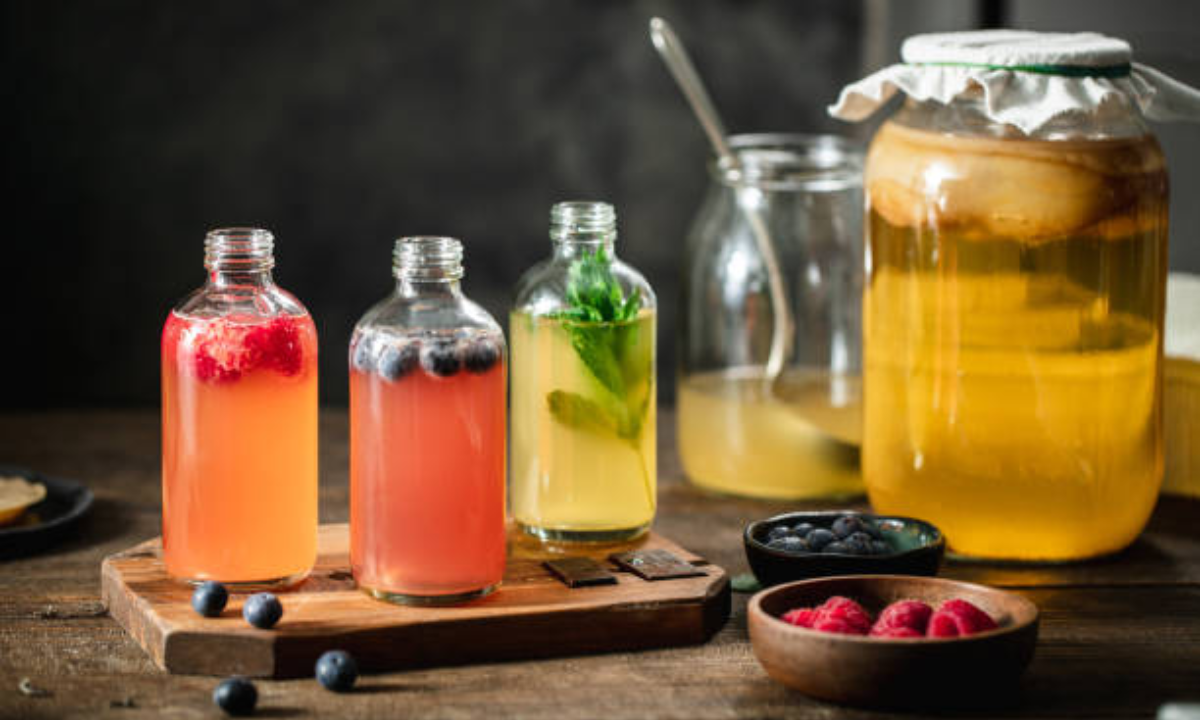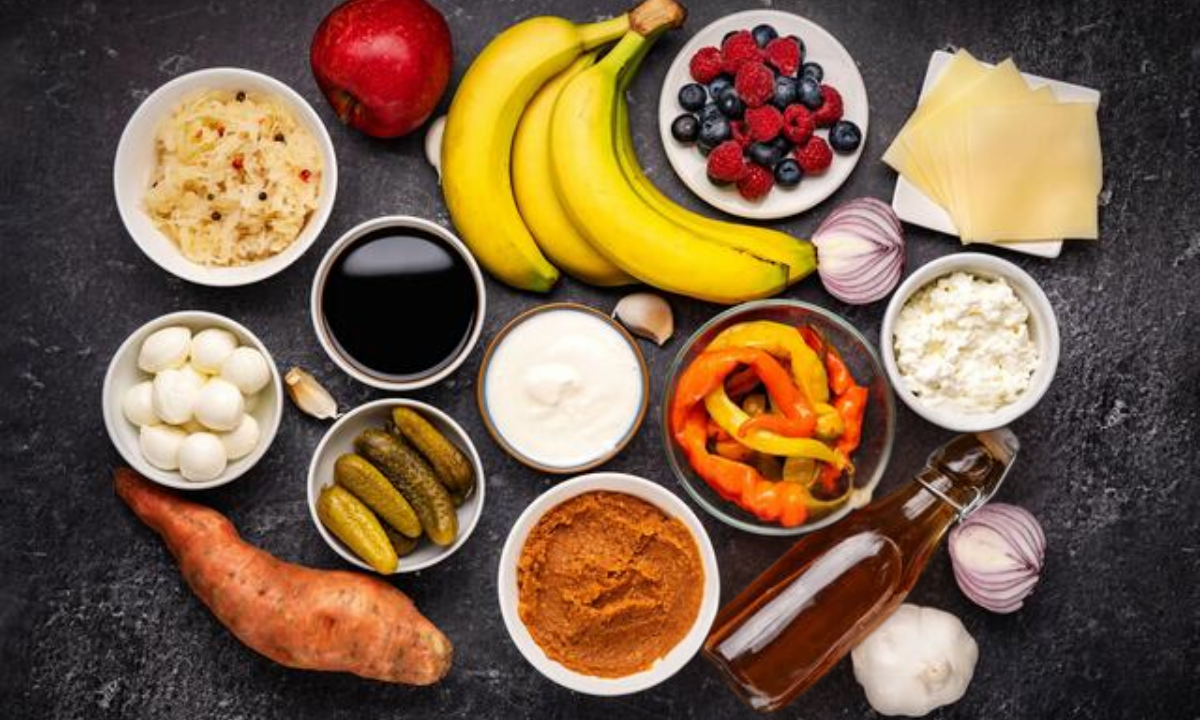Probiotic-rich foods are one of the simplest yet most powerful ways to improve your gut health, digestion, and overall well-being. These are foods that naturally contain beneficial bacteria, which help maintain a healthy gut microbiome.
I’m Avni Kaul, a nutritionist and founder of Nutri Activania, and over the years, I have seen how small dietary changes can create big improvements in health. From boosting immunity to aiding digestion and even supporting weight management, probiotics can be life-changing when added to your daily meals.
In this blog, I will share the best probiotic foods for gut health, explore probiotic Indian foods, discuss how probiotics can support weight loss, and also explain the role of liquid probiotics. I will also include practical tips, examples, and a simple guide that you can start using today.
What Are Probiotics and Why Do We Need Them?
Probiotics are live bacteria and yeasts that are good for your health, especially your digestive system. They are often called “good bacteria” because they help balance the gut and fight harmful bacteria.
A balanced gut microbiome can improve digestion, strengthen immunity, reduce inflammation, and even impact mood and skin health.
Without enough probiotics, you may experience bloating, irregular bowel movements, low immunity, or frequent stomach infections.
Probiotic-Rich Foods – The Best Natural Sources
There are many natural probiotic foods you can add to your diet. Unlike supplements, food-based probiotics also come with other nutrients like fiber, vitamins, and minerals.
Here are some of the most effective options:
| Food | Why It’s Good for You | Example / How to Use |
|---|---|---|
| Yoghurt | One of the most common probiotic foods, rich in good bacteria | Add plain curd to meals or smoothies. |
| Kefir | A fermented milk drink, higher in probiotics than yoghurt. | Drink as a breakfast beverage. |
| Sauerkraut | Fermented cabbage, rich in fiber and probiotics. | Use as a side dish with meals |
| Kimchi | Korean fermented veggies, full of probiotics and antioxidants. | Add to rice bowls or salads. |
| Kombucha | A fermented tea, a popular liquid probiotic. | Sip mid-morning for a refreshing gut boost. |
| Pickles (fermented, not vinegar-based) | Indian-style probiotic food. | Add to parathas, rotis, or rice. |
| Idli, Dosa, Dhokla | Probiotic Indian foods, naturally fermented. | Use as a healthy breakfast or snack |
| Miso | Fermented soybean paste, rich in probiotics. | Add to soups or marinades. |
Probiotic Indian Foods – Familiar and Healthy

One of my favorite things to share with clients is that Indian cuisine already has many probiotic foods. We don’t always need expensive supplements.
Examples include:
- Homemade curd – packed with live cultures.
- Kanji (fermented carrot or beet drink) – a powerful liquid probiotic traditionally used in North India.
- Idli, dosa, dhokla, and appam – made from naturally fermented batter.
- Homemade pickles – when made without vinegar, they become rich probiotic sources.
These foods are not only gut-friendly but also connect us with our traditional way of eating.
Probiotics for Weight Loss
Did you know that probiotics can also help with weight management?
I often recommend probiotics to clients looking for sustainable weight loss because:
- They improve digestion, reducing bloating and water retention.
- They may help regulate appetite and cravings by balancing hunger hormones.
- Certain probiotic strains improve metabolism and fat breakdown.
- They reduce inflammation, which makes weight loss easier.
If you are working with a Dietician for weight loss, don’t be surprised if they suggest adding probiotic-rich foods to your plan.
Liquid Probiotics – A Modern Choice

While yoghurt and curd are classics, today many people are exploring liquid probiotics like kombucha, kefir water, and kanji.
Liquid probiotics are easier to digest for those who are lactose intolerant. They also make for a refreshing and hydrating option compared to supplements.
Personally, I recommend them as an add-on, not a replacement. Foods like yoghurt and fermented Indian dishes should still be the foundation.
Best Probiotic Foods for Gut Health – A Daily Guide
To make it simple, here’s a sample one-day probiotic-rich meal plan you can try:
| Meal | Probiotic Option |
|---|---|
| Breakfast | Idli with coconut chutney or curd with fruit |
| Mid-morning | Glass of kombucha or kanji |
| Lunch | Roti, sabzi, dal + a bowl of plain curd |
| Evening Snack | Dhokla with green chutney |
| Dinner | Brown rice with sauteed veggies and a spoonful of homemade pickle |
| Bedtime | Warm turmeric milk and a small portion of yoghurt if tolerated |
Tip: Rotate different probiotics through the week instead of sticking to just one.
Tips to Maximize the Benefits of Probiotics
- Go slow – If you are new to probiotics, introduce them gradually to avoid bloating.
- Choose natural sources – homemade yoghurt and fermented foods are better than sugary flavored products.
- Combine with prebiotics – Foods like bananas, garlic, and oats feed good bacteria.
- Avoid antibiotics unless necessary – they can kill good bacteria along with bad ones.
- Stay consistent – probiotics only work when taken regularly.
Role of a Nutrition Expert
As the best weight loss Dietician in Delhi, I often guide clients on choosing the right foods for both gut health and weight management.
Many people try probiotic supplements without understanding whether they are suitable for their lifestyle or health needs. That’s where working with a Dietician in Delhi like me can help.
At Nutri Activania, I make personalized diet plans that combine probiotics with overall nutrition to improve digestion, energy, and weight.
FAQs
Q1: Can probiotics replace regular meals?
A: No, probiotics cannot replace regular meals. They are meant to support your gut health by adding good bacteria, but your body still needs proteins, carbs, fats, vitamins, and minerals from balanced meals. Think of probiotics as an add-on that makes digestion smoother, not as a substitute for real food.
Q2: Are probiotic supplements better than probiotic foods?
A: Not necessarily. Probiotic supplements may be useful in certain health conditions or when your diet lacks variety. But in most cases, probiotic-rich foods like curd, idli, or kombucha are better because they also give you fibre, antioxidants, and essential nutrients along with good bacteria. Foods also have a natural variety of strains, which can be more beneficial for gut balance.
Q3: Can probiotics help with skin issues?
A: Yes, many skin problems like acne, eczema, or dullness are linked to poor gut health. Since probiotics reduce inflammation and improve digestion, they indirectly help your skin clear up and glow. However, probiotics work best when combined with a healthy diet, hydration, and proper skincare, rather than as a standalone solution.
Q4: How long does it take to see results from probiotics?
A: It usually takes a few weeks of consistent intake to notice visible changes like better digestion, reduced bloating, or improved energy. Some people respond faster, while others may need longer. The key is regularity; if you only take probiotics occasionally, you won’t see much benefit.
Q5: Are probiotics safe for kids?
A: Yes, probiotics are generally safe for children, but it’s better to introduce them through natural foods like curd, buttermilk,lassi or idlis rather than supplements. Supplements should only be given if prescribed by a doctor. Since kids’ digestive systems are still developing, natural probiotic foods are usually the safest choice.
Final Thoughts
Adding probiotic-rich foods to your diet is a simple yet powerful way to improve digestion, immunity, and even weight management. From probiotic Indian foods like curd and idlis to modern liquid probiotics like kombucha, the options are plenty.
As a practising nutritionist and founder of Nutri Activania, I, Avni Kaul, have seen how the right combination of probiotics and overall nutrition can transform health.
With guidance from the best weight loss Dietician in Delhi, you can use probiotics not just for gut health but also for achieving sustainable wellness and weight goals.


